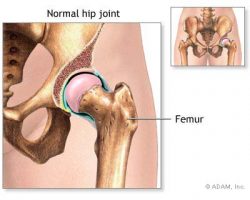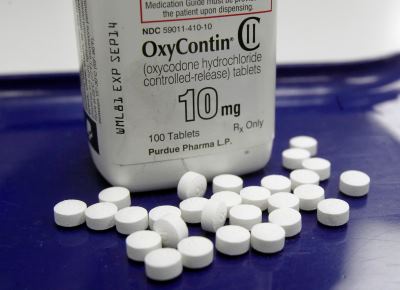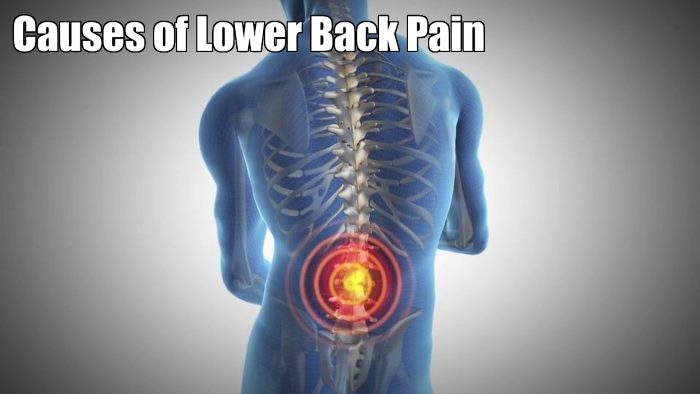 As we all get older we fight with aches and pains but for many people the biggest problem is hip pain. As you may be aware hip replacements are one of the top surgeries for people in their 30s and 40s even though we associate people that are much older with hip replacement surgery.
As we all get older we fight with aches and pains but for many people the biggest problem is hip pain. As you may be aware hip replacements are one of the top surgeries for people in their 30s and 40s even though we associate people that are much older with hip replacement surgery.
So what are the causes and treatments for hip problems and hip pain?
Hip pain can be a sign of many medical conditions. Some disorders, such as arthritis could, in time, require a hip replacement. But others, such as bursitis, can be managed with much less invasive treatment options. Exercise may help in some situations, but not all. Of course I would suggest going to your doctor instead of self diagnosing as the hip is a complex joint.
Hip pain may be a sign of a problem with the muscles, ligaments, tendons or other structures that support the joint. To diagnose the cause of your hip pain, your doctor will likely do a physical exam followed by an X-ray of the hip. In some cases, another imaging exam, such as an MRI, may be necessary, depending on your condition. For most people, the exam and imaging test is all that’s needed to uncover the cause of hip pain.
One common cause of hip pain is osteoarthritis, a condition that occurs when cartilage in the joints wears down over time. Although osteoarthritis has no definitive cure and may eventually lead to joint replacement, many people can effectively reduce the pain of this condition with a combination of exercise, medication and, in some cases, corticosteroid injections.
For people who have arthritis, gentle exercise can help strengthen the muscles around the joints. When arthritis affects the hip joint, swimming, gentle water aerobics, or other low impact activities such as a stationary bicycle are often good exercise choices. Stretching and muscle strengthening exercises targeted to the hip also may help increase the range of motion in the hip joint and reduce pain.
Activities that put sudden pressure or stress on the hip joints — such as running and playing tennis — are likely to make arthritis symptoms worse. If you are diagnosed with arthritis, talk with your doctor before starting an exercise program to find out what types of exercises are appropriate and to get specific instructions on exercises to avoid.
Another common cause of hip pain is bursitis, an inflammation of one of the small, fluid-filled sacs (bursas) that lubricate and cushion pressure points between the bones and the tendons and muscles near the joint.
Home treatment that includes resting, applying ice to reduce swelling, and taking nonsteroidal anti-inflammatory medications such as ibuprofen or acetaminophen products often are all that’s needed to relieve bursitis pain




